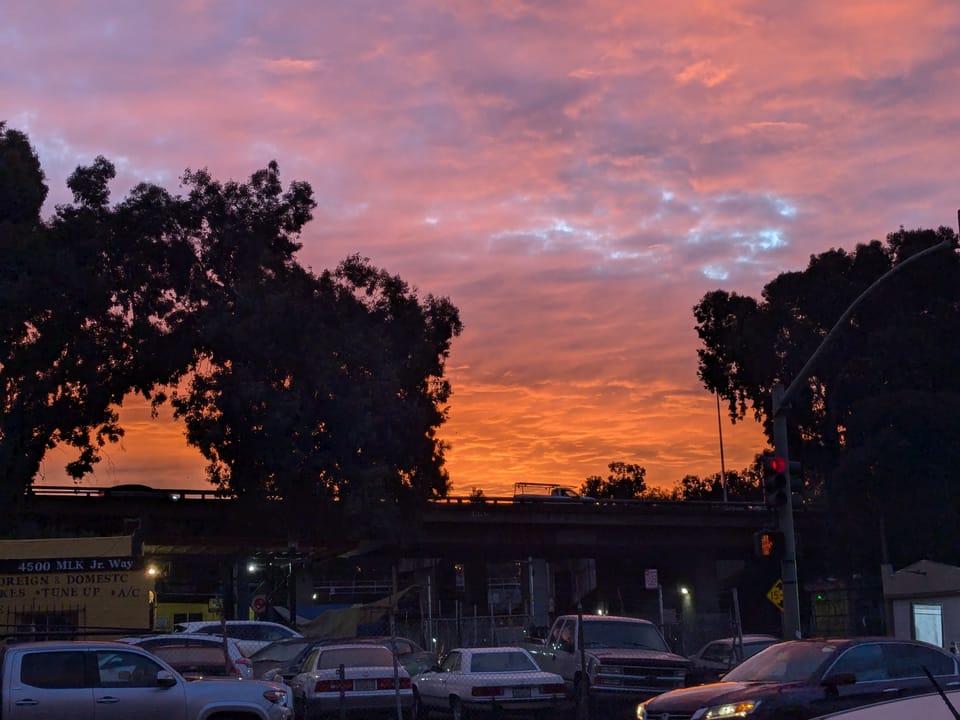3. One day you'll find you're walking lonely

Hello,
I just read Sylvia Wynter's "Novel and History, Plot and Plantation," and also "On How We Mistook the Map For the Territory and Re-Imprisoned Ourselves in Our Unbearable Wrongness of Being, of Désêtre" and since it's Sylvia Wynter, whose sentences are, on average, seventeen miles long, and since I have never read these essays before, so this was not a re-read or reacquaintance but a brutal and shocking initial confrontation (brutal and shocking and painful because it feels as though my brain cannot process language, like all meaning is gone), and since I've mostly been online today thinking and reading and cackling about how the news can, with a straight face, report on the apprehending of a man who, a few days ago, shot another man who, not even arguably, undeniably, is at the very least negatively responsible for tens of thousands of terrible deaths, as though no questions about justice–the implications of "justice"–arise, are undeniably raised, either at the killing of this man, or the apprehension and celebration of the apprehension of this other man, at the same time as, on the same page as, these same news outlets are reporting, you don't even need to scroll, you just look down a few lines, with the same straight faces, about the shooting, and bombing, and chokeholding killings of (another) black man, and Palestinian children, and men, and women, who are not even arguably implicated in any acts more or less violent than being human (fairly violent, yes, but that's all of us), all as singular as this man who was shot earlier this week, but all falling outside of the legibility of innocent, of human, of U.S. American or at least, on U.S. ground, and so bestowed with a kind of innocence that means that you can't just be killed. But look, just look down the line. You can just be killed. I never finished that sentence, by the way. What I mean is I haven't thought the word "justice" since last October, but I did think it this week.
I meant to say something about how reading Sylvia Wynter feels like listening to this last line of Traci Chapman, the last word in the line, the "lonely," sung only after a long pause, not how you would say it to yourself just reading the line, you have to listen.
I'll leave you with Wynter's thoughts on the novel form as critique and condemnation of the economic structures of the modern world:
"A House for Mr. Biswas whilst it celebrates the talent of its author and awards him a recognized place among the elite world, is nevertheless a profound indictment of a deprived world in which, to realize his being, Biswas must alienate himself from an impossible community, distorted by phantasmagoric circumstance, to shelter in a jerry built house...The individual, dreamt of in the liberal market economy, as being no totally sovereign and free, is shipwrecked by the later developments of this structure which prohibits his fulfillment; and leaves him huddled in a house, escaping from civilization; a Robinson Crusoe clinging to his island for survival through escape from the outside world. His victory, like ours, pyrrhic."
I think Wynter thinks there's a way for us to be free. She is optimistic that there is an outside of Western ways of knowing. There is a resistance plot. A physical place to be outside of exchange-values and an imaginary space to think toward use-values and an acknowledgment of human need. There are things you can't say in words. But that doesn't mean you don't need them.
Until next time,
Endria
Member discussion